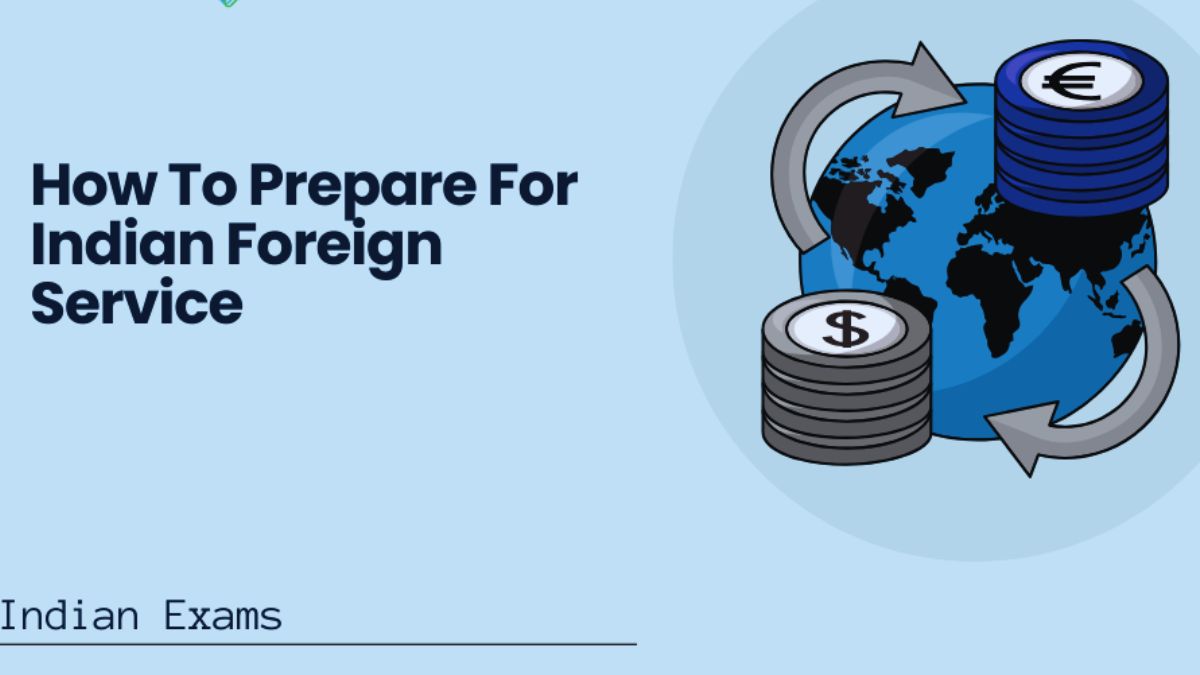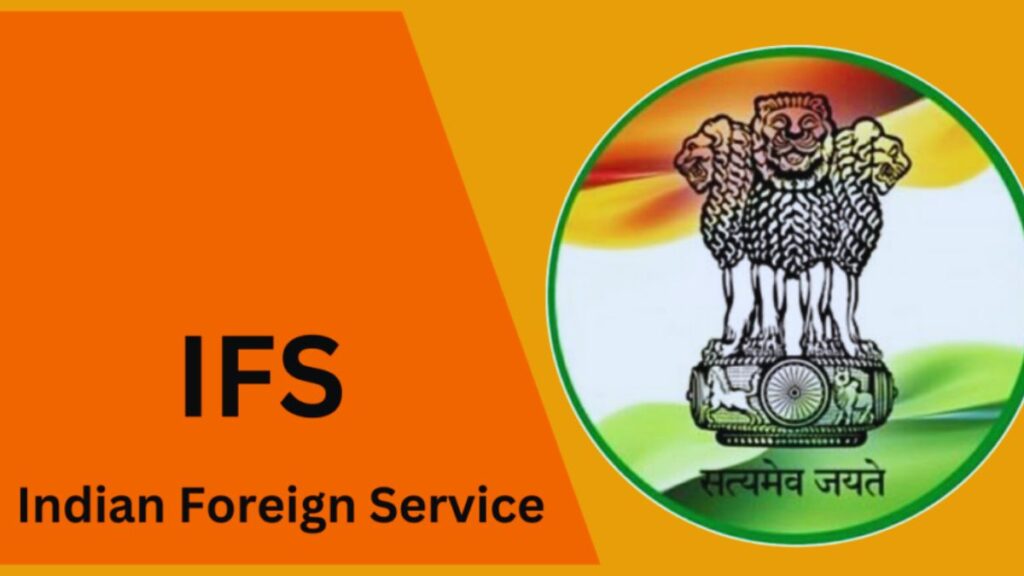The Indian Foreign Services (IFS) is one of the most reputed and revered government departments of this country. If an individual has an interest in global politics and international relations, with an inherent desire to represent India at an overseas platform, considering a career in the foreign services seems as an ideal choice.
Learning about the steps to become an IFS officer can help one prepare for it and build a lucrative and fulfilling career in this highly competitive field.
Who is an IFS Officer?
IFS officers are primarily civil servants who offer consulate services to Indian citizens overseas and handle various aspects of the country’s foreign relations. They work for the IFS (Indian Foreign Service), a civil diplomatic wing under the purview of the Ministry of External Affairs, Government of India.
IFS officers serve in close to 160 Indian diplomatic missions worldwide and represent the country at various international organisations too. They aid in prestigious positions at the Prime Minister’s Office, the President’s Secretariat, regional passport offices (RPOs) and the Ministry of External Affairs.
How to Become an IFS Officer?
Though the path is certainly difficult and a challenging one, with serious dedication one can follow the below mentioned steps and learn how to become an IFS officer.
05 Steps to become an IFS Officer
1. Complete Higher Secondary Schooling
Passing the 10 + 2 higher secondary level is the first step to becoming an IFS officer. You can choose any stream as per your interests. While the eligibility requirement for IFS is a minimum mark of 50% in high school examinations, higher scores can secure admission to your preferred course at a reputed college.
2. Obtain a Bachelor’s Degree
Candidates require a minimum of a bachelor’s degree to be eligible for securing a posting in the IFS, if selected and chosen. Depending on your high school and entrance examination scores, you can select your preferred course at a college of your choice. While students of all streams are eligible to become IFS officers, studying history, politics, international relations and other related subjects can help you perform better in the civil services examination.
3. Qualify the UPSC Examination
Once you have completed your undergraduate degree, apply for the Civil Services Exam of the Union Public Services Commission (UPSC). Keep a track of the application form, deadlines and other exam-related information by visiting the UPSC website. The exam contains of two levels, including:
- Prelims: This is common for all the civil service aspirants, whether Indian Administrative Service, Indian Police Service or the IFS. It has two papers, general studies 1 and general studies-2. The exam follows a multiple-choice question pattern, which must be carefully prepared for.
- Mains: Candidates who clear the prelims are eligible to apply for the mains. It is a descriptive exam and comprises of nine papers in total, including English, a compulsory Indian language, an essay, general studies papers I–IV and two optional papers.

4. Attend and Clear the Personality Test
Once you clear the UPSC mains exam, you receive an email from the UPSC wing to appear for the Personality Test. This test carries marks too and involves the UPSC board members conducting an interview on various topics. This personality test has a higher weightage in the final score, post clearing which, the board prepares a final merit list of eligible candidates based on the combined score of the personality test and the mains exam.
5. Complete IFS Training
After clearing all three stages of the UPSC exam (prelims >> mains >> personality test interview), candidates can select their preferred civil service branch based on their ranking. Once IFS has recruited you, you undergo the following various training levels:
- Initially, candidates undergo a training for one quarter at the Lal Bahadur Shastri National Academy of Administration (LBSNAA) in Mussoorie and receive the designation of an ‘Officer Trainee’.
- Once you complete the officer trainee period, you receive additional training for approximately a year at the Foreign Service Institute in New Delhi. It involves training in various modules such as foreign trade, Indian international relations, leave and compensatory allowances rules and foreign service policies.
- The next step involves training at the Ministry of External Affairs in New Delhi for close to six months. It includes on-the-job training wherein the ministry assigns a compulsory foreign language to each IFS trainee officer.
- Once you complete training in your assigned compulsory foreign language, the School of Foreign Languages under the Ministry of Defence conducts an ability test. On completing the ability test, you receive a position in the Indian Foreign Services based on the availability and requirement.
The complete process, which is quite exhaustive and rigorous generally takes around three years to accomplish all the training levels and transit from a foreign service probationer to a designated and officially appointed IFS officer.
Useful Tips for a Successful IFS Career:
The IFS is highly competitive as a domain and requires an extensive preparation model. Here are a few tips and tricks to improve your chances of securing a coveted position in the IFS:
1. Prepare thoroughly for the UPSC Exam: Clearing the highly competitive national-level UPSC examination is mandatory to become an IFS officer. Competition is expectedly intense, so starting your preparations early can help you gain an advantage. On must take full understanding of the examination pattern and syllabus.
2. Enroll in a Coaching Institution: While you can prepare for the UPSC exam independently, enrolling in a coaching centre provides you with the right guidance and assistance to prepare for the competitive exam better. Coaching centres that conduct mock examinations and interviews are advantageous, as it helps to familiarize yourself with the examination pattern and question paper.
3. Develop Essential Skills: Being an IFS officer is a matter of immense prestige, as you get to represent the country in international and national organisations. Some of the most important skills that are imperative to acquire and apply for an IFS Officer’s position are:
- Communication Skills
- Analytical Skills
- Diplomacy and People Skills
- Research Skill
- Creative Skill
